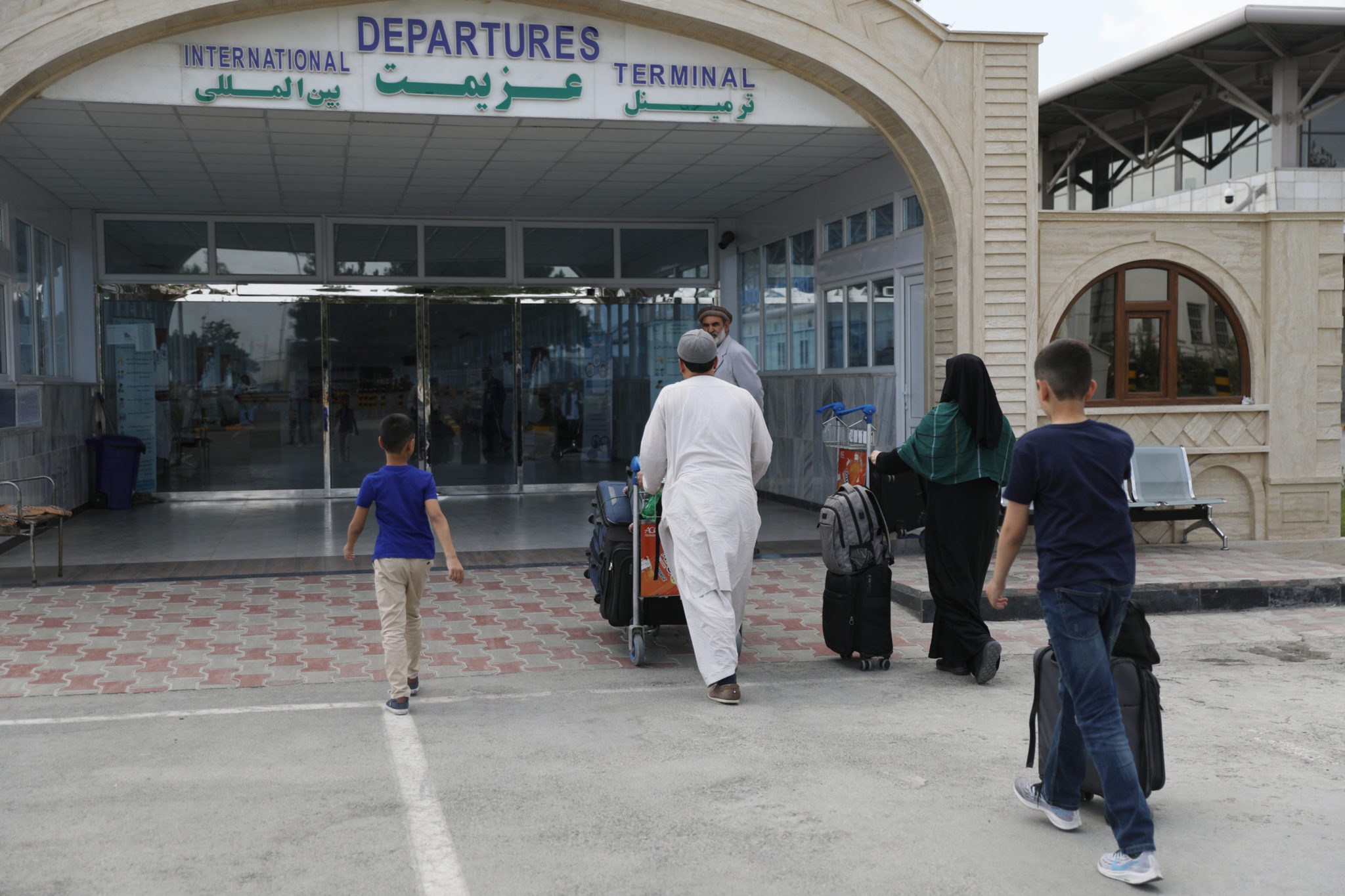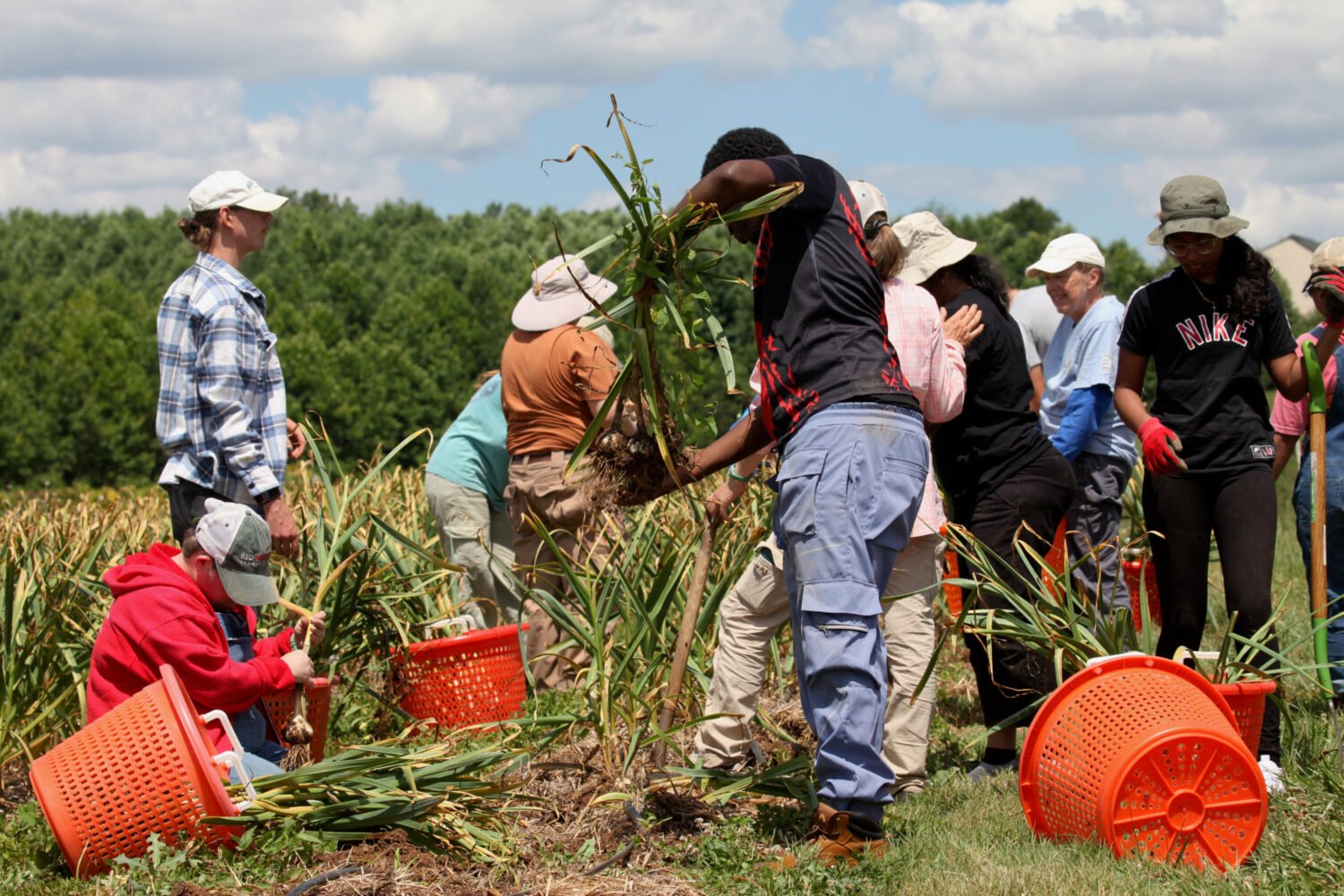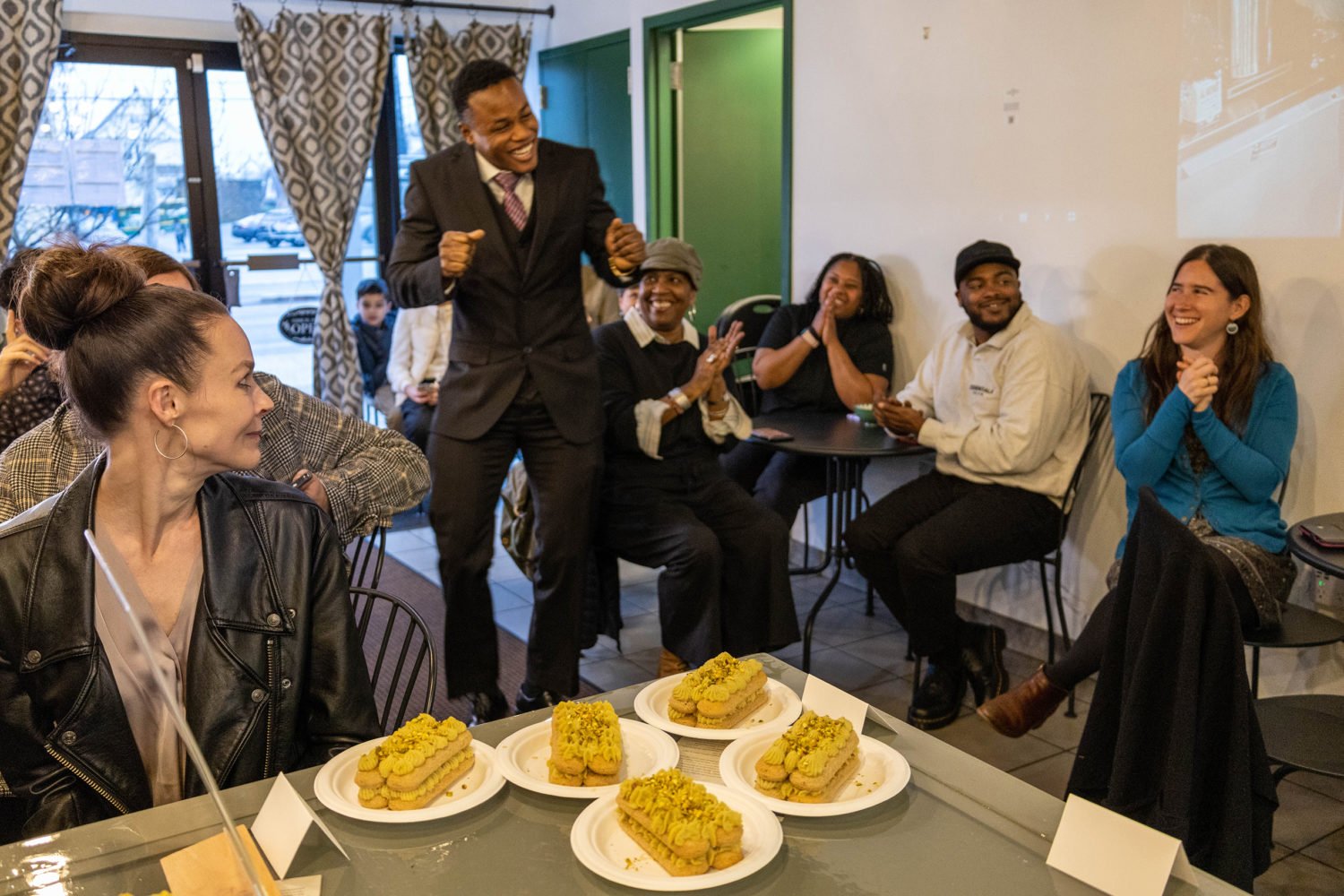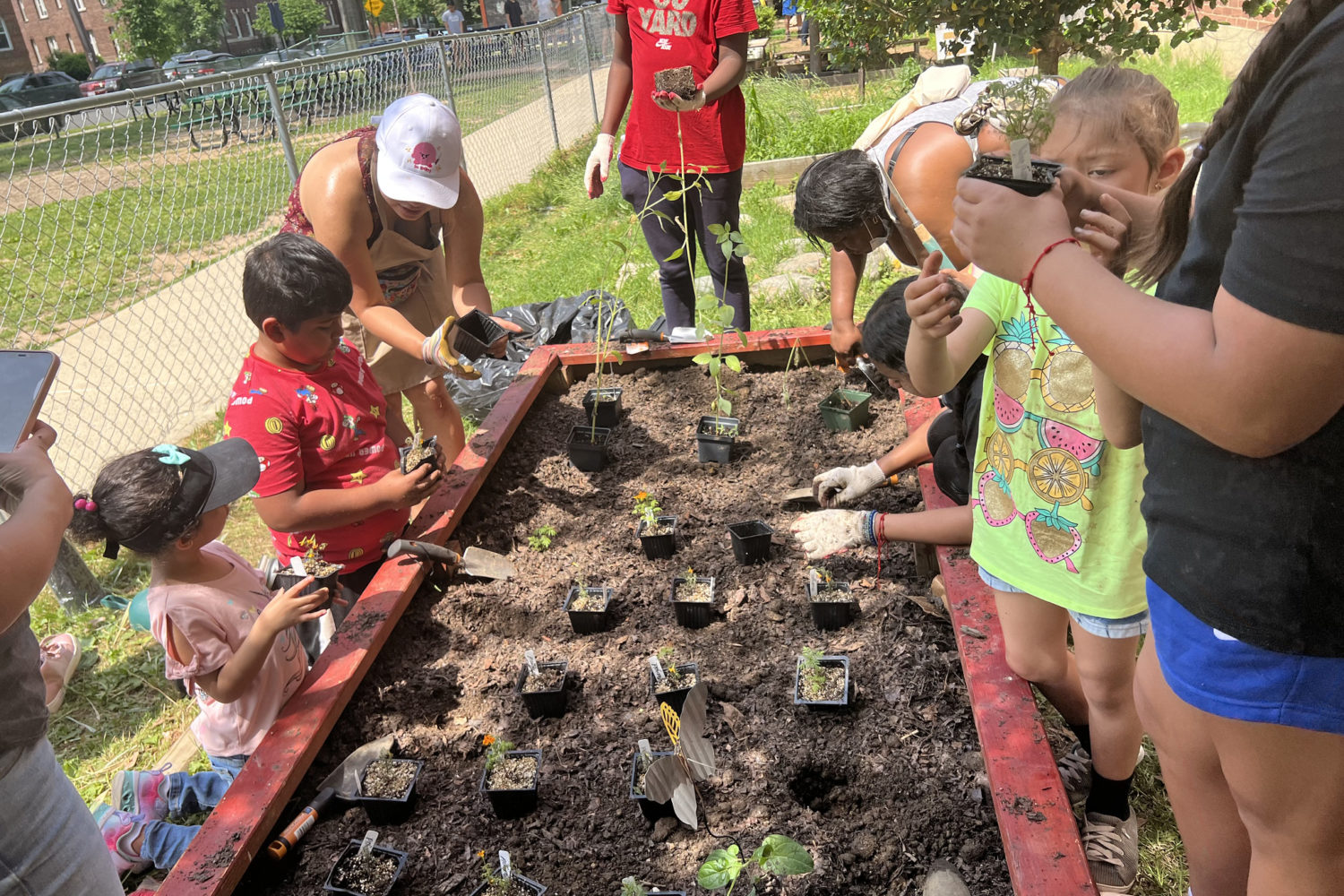Lutheran Social Services of the National Capital Area was already planning to help resettle a lot of Afghan people who’d worked alongside the US military and US government in Iraq before next month, but the fall of Kabul has added extra urgency. “We’ve had about 115 arrivals already. I think we’re expecting another 150″ at the moment, says Kristyn Peck, the group’s CEO. “It’s changing every minute.”
CNN reported Sunday that the Biden administration has paused flights out of Afghanistan for holders of Special Immigrant Visas and their families to prioritize the evacuation of US personnel. All this uncertainty is weighing on staff who help refugees, many of whom are SIV holders themselves, Peck says: “Can you imagine after what happened this weekend, working on the front lines of responding and also worrying about your own families?”
Lutheran Social Services’ immediate needs center around transportation and housing. The SIV holders are arriving at Fort Lee, south of Richmond. The round-trip can take upward of six hours with traffic, Peck says, and a Lyft fare from Fort Lee to Alexandria is about $200. Lutheran Social Services had been looking for extra rooms in Washington-area houses to shelter folks temporarily, Peck says, but background checks and home visits take too much time right now, so she’s looking for gift cards to hotels and sponsorships from hotels, particularly hotels that have suites for families.
A particularly good thing to do is donate money. Besides Lutheran Social Services, the Ethiopian Community Development Council, the International Rescue Committee, and Catholic Charities do a lot of work to resettle Afghan SIV holders in this area.
Christy McCaw of African Community Center DC Metro, the ECDC’s resettlement branch, says her organization needs leads on apartments that will rent to newcomers without proof of income. SIV holders and refugees typically get new jobs within a few months, she says, and her group provides intensive case management services as well as rental assistance. If you can offer a property to rent or set up a meeting with a property manager, get in touch. The group has an Amazon wish list as well a list of needs for new arrivals, including new bedding, cleaning supplies, lamps, and cooking equipment, that you can drop off at its Arlington office.
The International Rescue Committee has an Amazon wishlist, too, and works a lot with the group Homes Not Borders to furnish newcomers’ homes.
Catholic Charities has prepared a document about ways to help. It’s in great need of housing in Fredericksburg, Sterling, and Woodbridge, and it’s interested in leads on housing in other areas. It, too, needs furniture, and it has an Amazon wishlist.
Peck’s organization also needs donations of furniture to help people get settled, and Peck is particularly invested in finding mental-health resources for both people arriving and for the people helping them. “I’m really looking to bring in some trauma-informed counseling,” she says. For many people who’ve made it to the US and are working to help resettle folks, “It was really hard over the weekend watching the news.”
About 2,500 people total were expected to arrive at Fort Lee as part of Operation Allies Refuge, the Pentagon announced last month. Many of them will find homes in the Washington area at Lutheran Social Services sites in Hyattsville, Fairfax, and Dale City. After picking up families, the organization provides furnished housing, job placement and training, cultural orientation, and case management services. It relies on a network of congregations, community groups, and people in the community with whom it can build long-term relationships.
“We’ve had such an overwhelming response of people wanting to help,” Peck says. “There’s a lot of good in the world.”



















